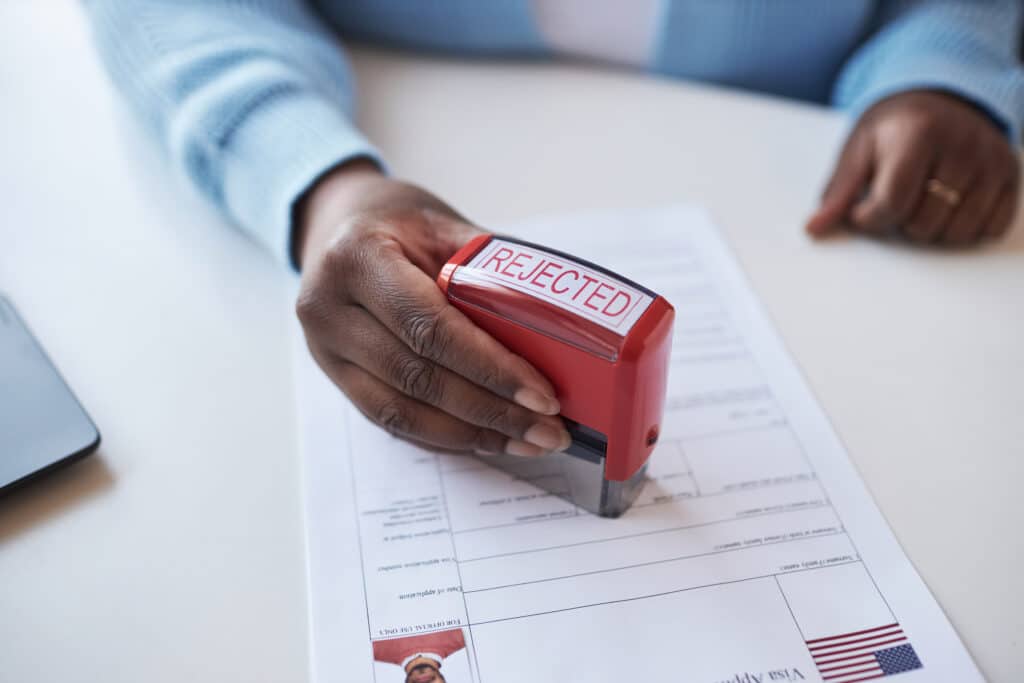The Department of Veterans Affairs announced it processed more than 2.4 million disability claims in fiscal year 2024. While that number reflects an unprecedented workload, the approval rate tells a more troubling story: only 64.2% of claims were approved. Nearly 36% of claims were denied, leaving hundreds of thousands of veterans without the benefits they applied for.
For veterans who rely on disability compensation to manage service-connected conditions, these denials can be devastating. However, experts stress that a denial does not mean the fight is over.
Why So Many Veterans Are Denied Benefits
Even with VA initiatives like the PACT Act, which boosted approval rates for certain toxic exposure claims to around 75%, a large percentage of veterans are still being turned away. The most common reasons for denial include:
- Missing documentation in the initial claim
- Insufficient medical evidence to connect a condition to service
- Technical errors in the application process
These issues often have solutions, but without guidance, many veterans miss the opportunity to correct them.
Appeals Often Lead to Success
Veterans’ disability attorney Mathew Coveney emphasized that denials are not the end of the road. “A denial is not the end of the road,” Coveney said. “Evidence shows that veterans who appeal with an attorney are nearly twice as likely to be approved compared with those who go at it alone.”
The VA appeal process includes three distinct stages:
- Higher-Level Review – A senior VA claims reviewer re-examines the decision.
- Supplemental Claim – Veterans can submit new evidence to strengthen their case.
- Board of Veterans’ Appeals Hearing – Veterans may present their case before a judge.
Coveney’s office regularly helps veterans identify weaknesses in their claims, gather the right medical opinions, and secure service records to strengthen their appeal, increasing the likelihood of success.
Common VA Mistakes That Veterans Don’t Always See
The high volume of claims processed by the VA means that mistakes and oversights are common. These errors can range from incorrect coding of conditions to missed documents or improperly processed medical evidence. Many veterans may not notice these mistakes in their claim notifications. That’s why having an attorney or experienced advocate review the case can uncover and correct these errors, improving the chances of a successful appeal.
The Burden on Veterans
For veterans already coping with serious medical conditions—both physical and mental—the task of navigating the complex VA system can be an incredibly daunting and exhausting experience. Often, these veterans are not only dealing with their health challenges but are also faced with the frustration of trying to understand the intricate paperwork, regulations, and procedural requirements of the appeals process.
“The system can be daunting, particularly for those already facing health challenges,” Coveney said. “Our goal is to assist veterans in addressing the issues with their initial claim so they can receive the compensation they deserve.”
Veterans are often unaware of mistakes the VA may have made in their original claims, such as overlooked documents or improperly assessed evidence. Without help, these oversights could prevent them from receiving the benefits they rightfully deserve. Having someone knowledgeable to review and correct these errors ensures that veterans have the best chance of receiving a fair review and ultimately the compensation they need to support their health and well-being.
Why Acting Quickly Matters
Veterans should act quickly after receiving a denial because appeal deadlines are strict. Waiting too long can mean losing the right to challenge a decision. Coveney and other advocates stress that the appeals process is not just possible—it is often successful when handled properly.
You served your country, now it’s our time to serve you.
How Veterans Guide Can Help
At Veterans Guide, we understand the frustration of seeing your disability claim denied after years of service and sacrifice. Our mission is to help veterans appeal denied claims and secure the benefits they’ve earned. From reviewing denial letters to gathering supporting evidence and navigating the appeals process, we stand ready to guide you every step of the way.
If your VA disability claim has been denied, don’t give up. Contact Veterans Guide today to learn how we can help you fight back and win the benefits you deserve.





